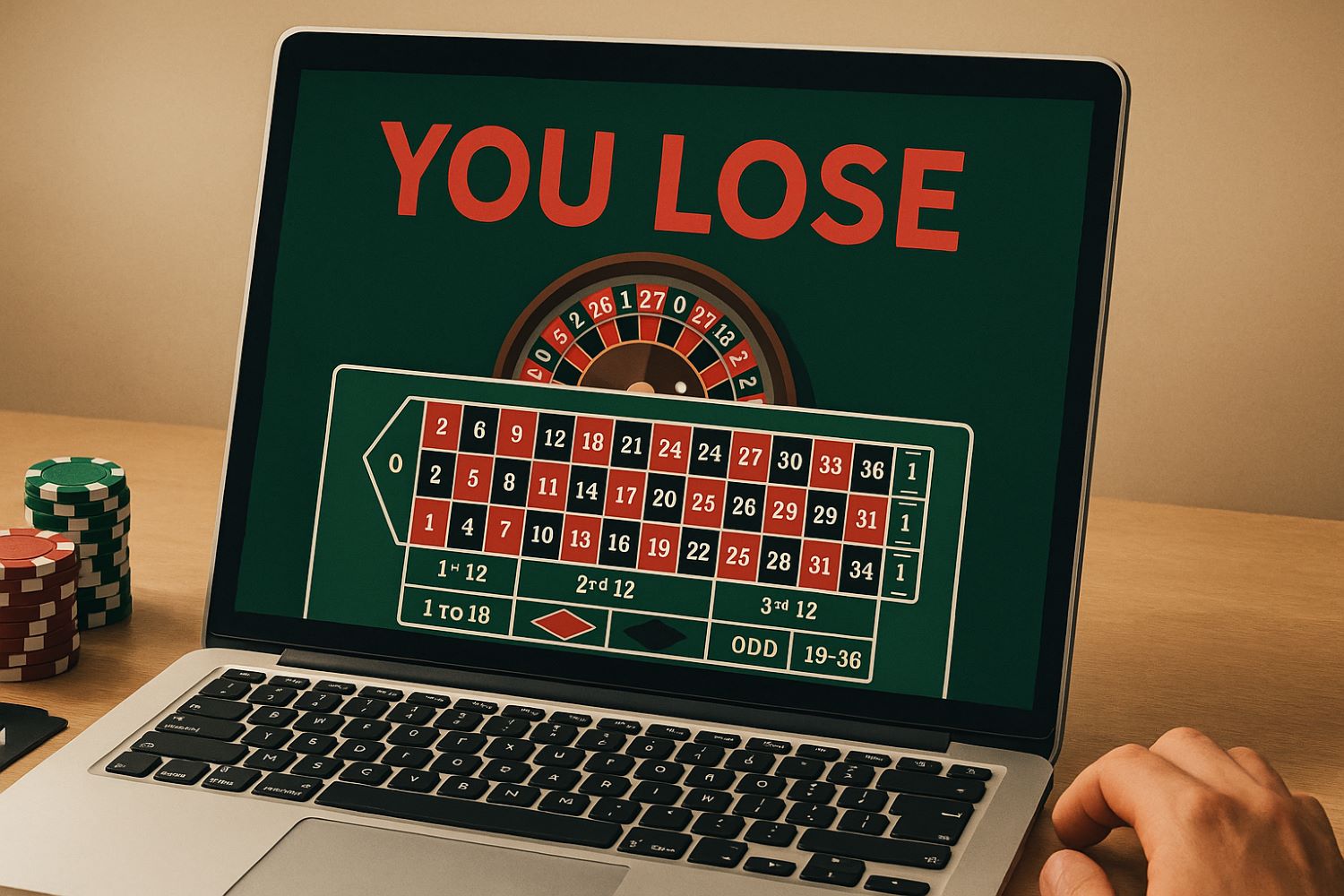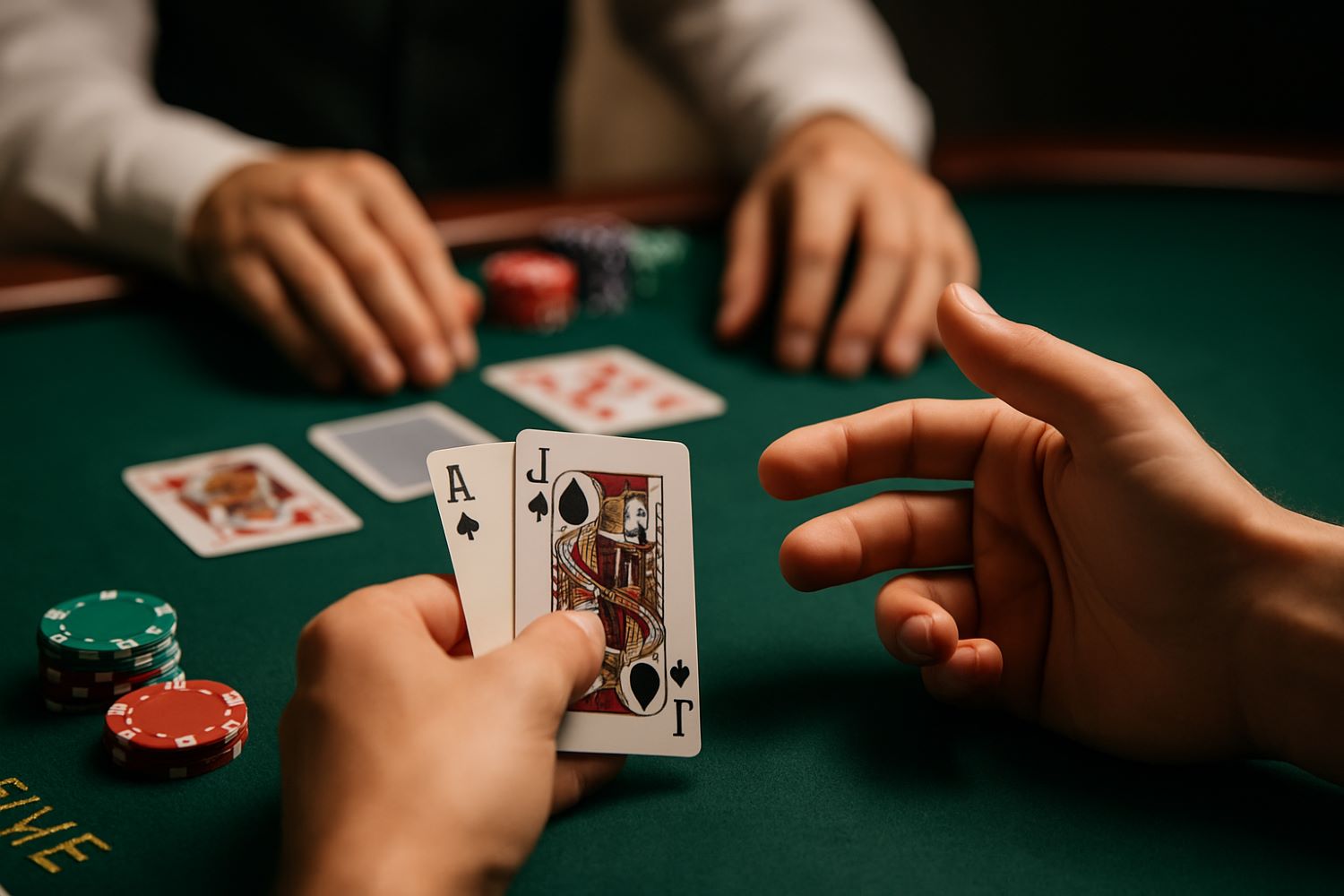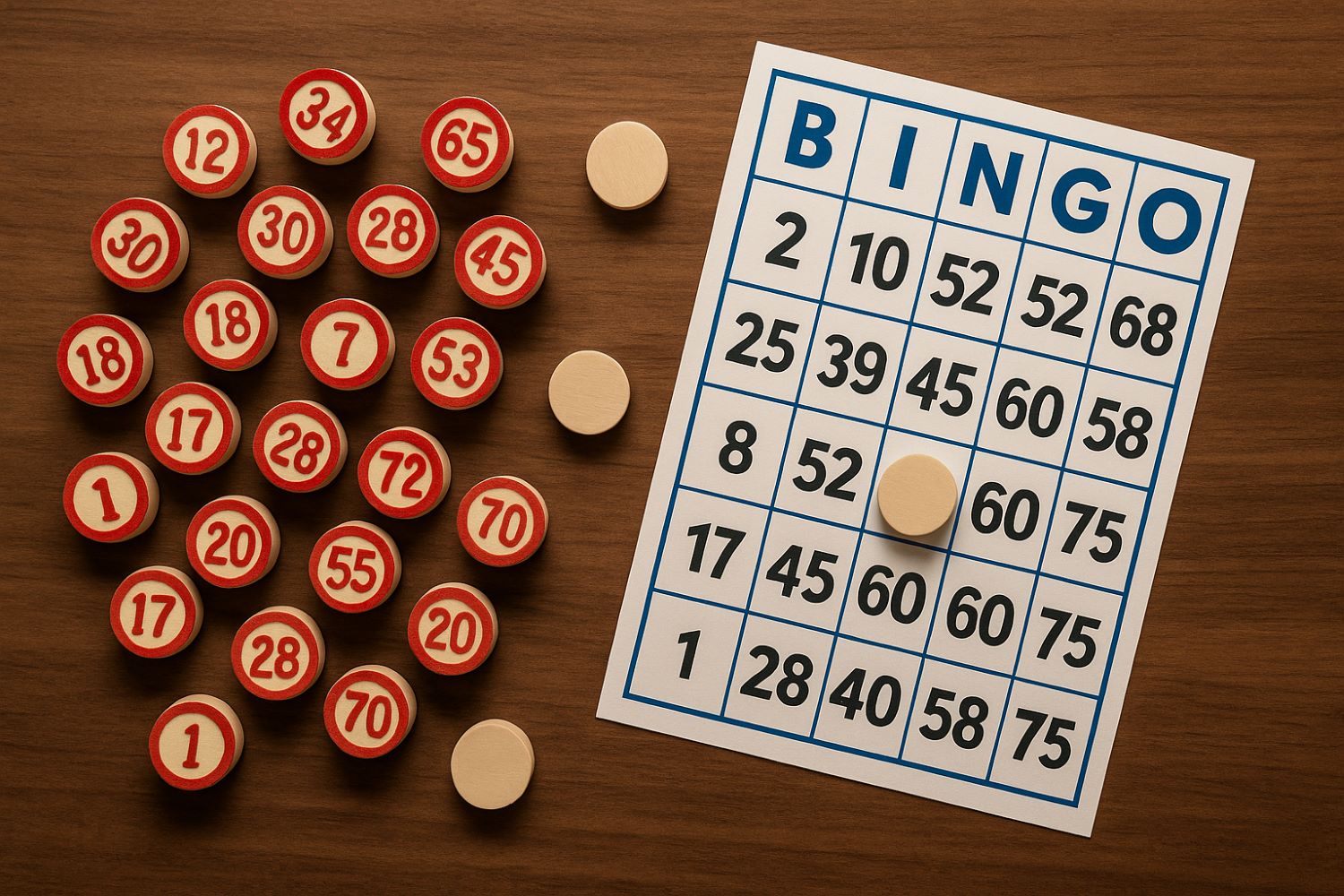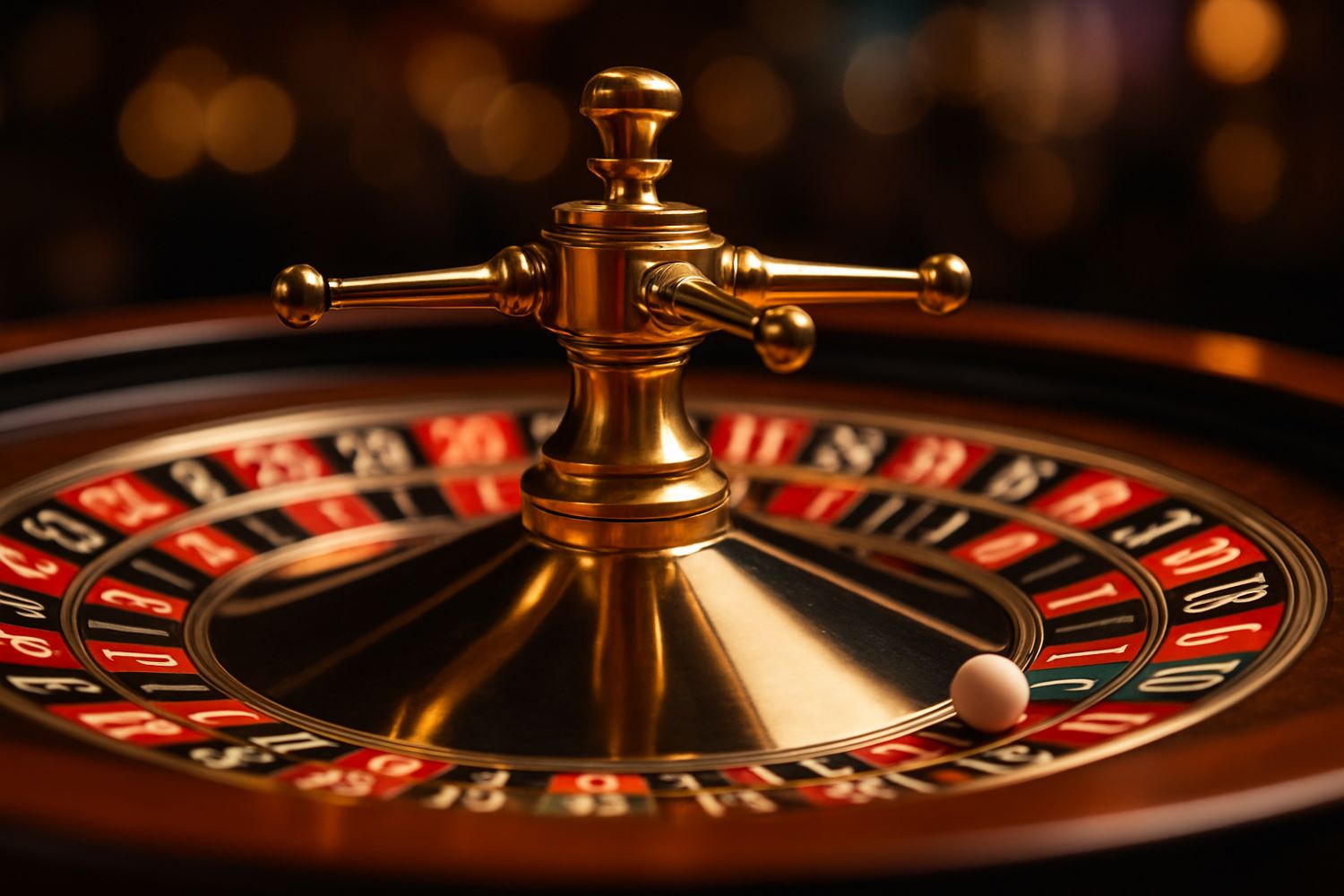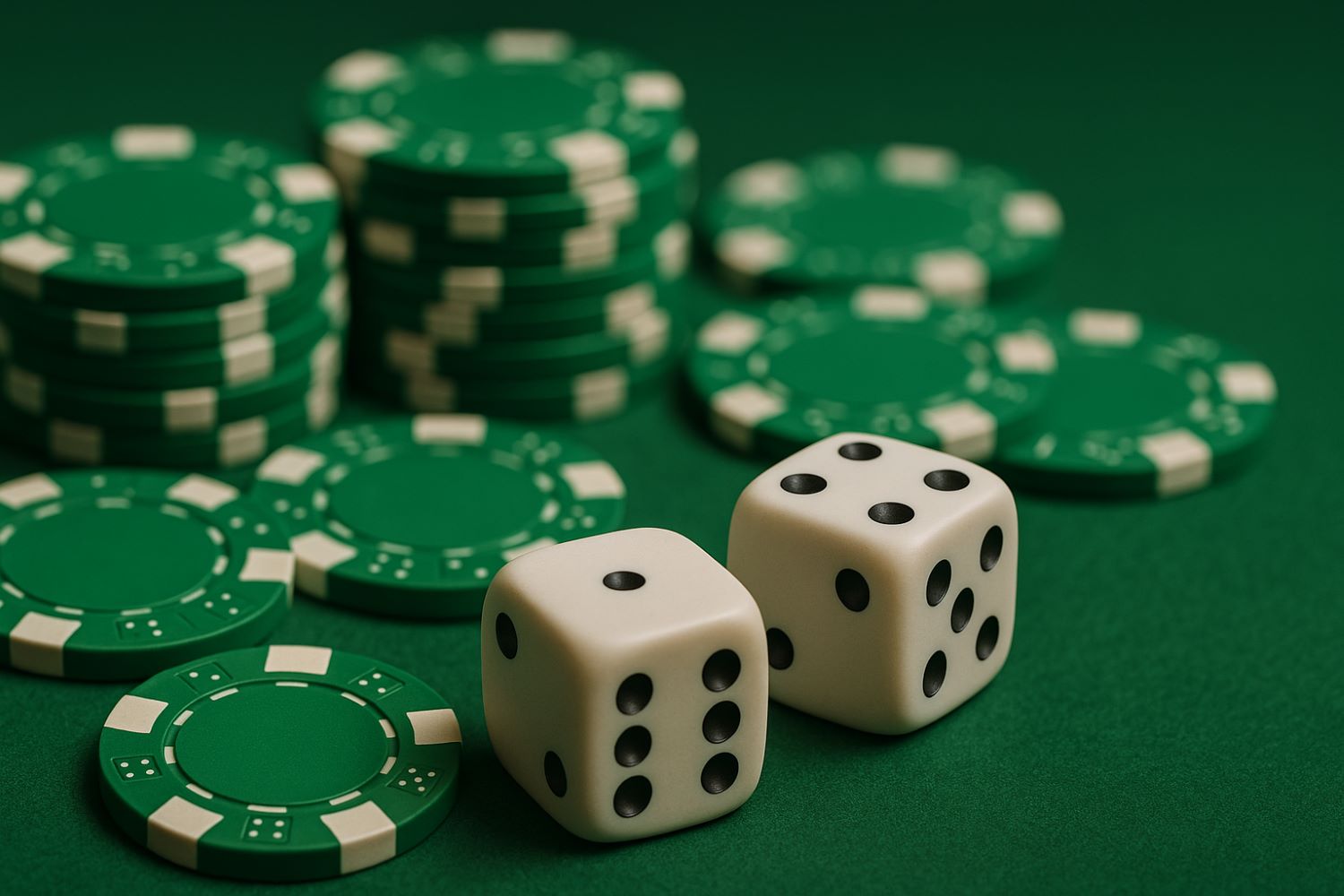Casino Strategies
Unlock the secrets to smarter casino play with our dedicated Casino Strategies category. Here you’ll find expert advice, proven systems, and actionable tips to help you boost your chances at the tables and online slots. From betting systems for blackjack and roulette to smart bankroll management and the psychology behind winning, our in-depth guides are designed for players who want to take their game to the next level.
-
As they say, gambling is a game of chance. This…
-
Delve into the true nature of gambling, exploring the stark…
-
Bingo has been played for many years in halls and…
-
Roulette is played by one to seven persons. You place…
-
Games at casinos are of two kinds. The game of…

